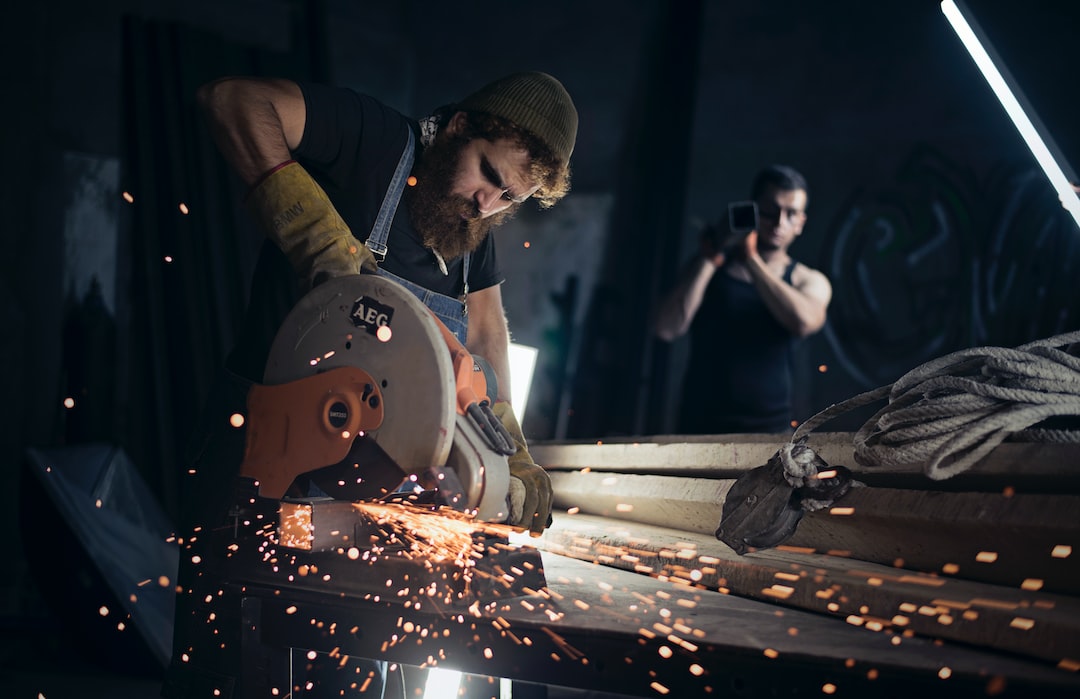The Role of Artificial Intelligence in Manufacturing Processes
Artificial Intelligence (AI) has rapidly infiltrated various industries, revolutionizing the way we work, communicate, and live. In recent years, AI has made significant strides in the manufacturing sector, transforming traditional production processes and enhancing operational efficiency. With the ability to analyze massive amounts of data and make intelligent decisions, AI presents numerous opportunities for manufacturers to streamline operations, increase productivity, and drive innovation.
One of the key applications of AI in manufacturing is predictive maintenance. Traditionally, maintenance activities in factories are performed at fixed intervals, often leading to unscheduled downtime and inefficient allocation of resources. However, with AI-enabled systems, manufacturers can detect potential equipment failures in advance, enabling proactive maintenance activities. By analyzing historical data and real-time sensor inputs, AI algorithms can predict when a machine is likely to fail and trigger maintenance alerts accordingly. This proactive approach reduces downtime and optimizes the use of resources by only fixing machines when necessary, contributing to cost savings and improved productivity.
Another area where AI is revolutionizing manufacturing is quality control. AI systems can quickly and accurately identify defects in products, ensuring that only high-quality items reach customers. For instance, computer vision technologies integrated with AI algorithms can analyze images of products in real-time and detect any anomalies or deviations from the expected specifications. This capability reduces the need for manual inspections, accelerates the production process, and minimizes the risk of defective products reaching the market.
Moreover, AI plays a crucial role in optimizing supply chain management. Efficient supply chain operations are vital for manufacturers to meet rising customer demands and minimize costs associated with inventory management. AI-powered algorithms can analyze historical data, market trends, and customer preferences to forecast demand accurately. By utilizing this information, manufacturers can optimize inventory levels, minimize stockouts, and reduce excess inventory. Additionally, AI can enhance route optimization by analyzing various factors such as traffic patterns, weather conditions, and order volumes to determine the most efficient delivery routes. These AI-driven supply chain optimizations lead to cost savings, increased customer satisfaction, and more streamlined operations.
Furthermore, artificial intelligence is transforming the manufacturing landscape through its ability to automate complex tasks. AI-powered robots and machines can perform repetitive and dangerous tasks more efficiently than humans while ensuring consistent quality. This not only increases productivity but also improves worker safety by reducing their exposure to hazardous environments. For instance, collaborative robots or cobots, which are designed to work alongside humans, augment human labor and can be programmed to perform tasks such as assembly, packaging, and material handling. By automating these processes, manufacturers can improve efficiency, reduce errors, and free up human employees to focus on higher-level tasks that require creativity and critical thinking.
In addition to these advancements, AI is playing a pivotal role in product design and innovation. By analyzing vast amounts of data, including customer feedback, market trends, and competitor analysis, AI algorithms can generate insights that fuel product development efforts. AI-driven design tools can assist engineers in creating more efficient and cost-effective designs, leading to improved product quality and reduced time to market. Furthermore, AI can generate simulations and virtual prototypes, allowing manufacturers to test and validate new product concepts before physical production. This accelerates the innovation process and reduces the risk of costly errors.
In conclusion, artificial intelligence has emerged as a powerful tool in the manufacturing sector, transforming traditional processes and revolutionizing the way goods are produced. From predictive maintenance and quality control to supply chain optimization and automation, AI offers numerous opportunities for manufacturers to enhance operational efficiency, reduce costs, and drive innovation. As AI technology continues to advance, its role in manufacturing processes is only expected to grow, ushering in a new era of smarter, more efficient manufacturing.
